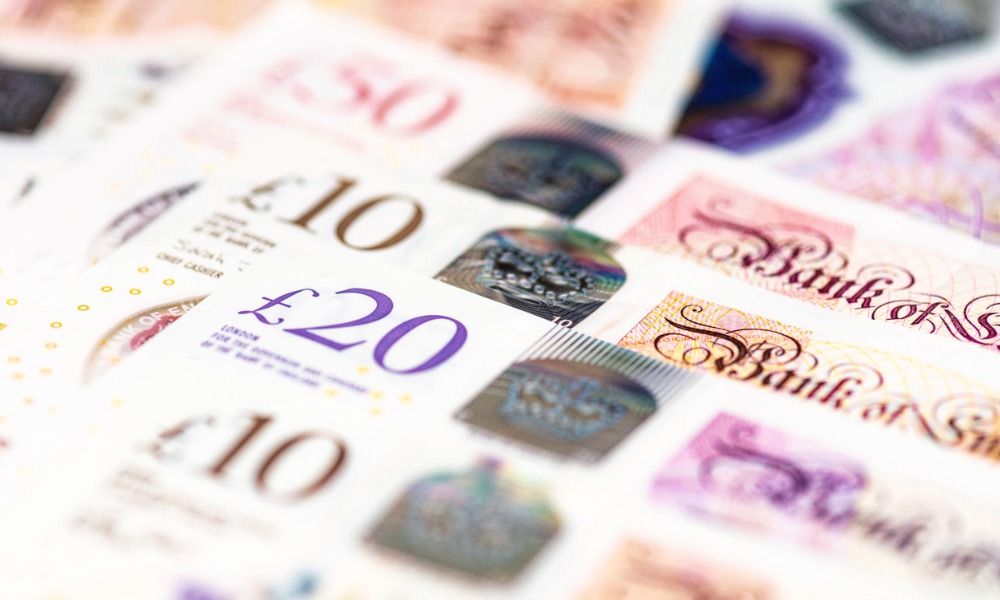Consumer sentiment rebounds to highest point since Autumn Budget

Consumer sentiment in the UK improved last month, reaching its highest level since October’s budget, as the recent reduction in interest rates provided some relief to household finances, according to economists.
The S&P Global UK Consumer Sentiment Index increased to 47 in August, up from 45.1 in July. Although the index remains below the neutral mark of 50, which separates negative from positive sentiment, this is the strongest reading in 10 months. The survey, which covers more than 1,500 households, was conducted shortly after the Bank of England lowered its base rate from 4.25% to 4%.
S&P Global stated that the latest results indicate “a slight revival in household confidence, which is a telling sign that the easing of monetary policy has been received positively by households across the country.” The report also noted that August recorded the least-pronounced decline in sentiment since the post-election high in July 2024, and suggested that comparing monthly figures to the long-term average of 44.3, recorded since 2009, provides useful context.

“Households reported less of a squeeze on their finances, and the year-ahead outlook was the least pessimistic in nine months,” said Maryam Baluch, economist at S&P Global Market Intelligence. “This positive shift indicates less concern among consumers regarding their financial situation.
“August CSI data comes hot on the heels of the recent rate cut decision made by the Bank of England earlier in the month. Data collection began just a day after the central bank’s announcement, providing a timely snapshot of sentiment in the wake of monetary policy easing. Encouragingly, the data reveals a slight revival in household confidence, which is a telling sign that the easing of monetary policy has been received positively by households across the country.”

The August results showed improvements in both current and expected household finances over the next year. Measures of available cash and willingness to make significant purchases also rose, though they remained below 50. Confidence in the labour market strengthened, with households expressing the greatest confidence in job security for nearly a year and in wage prospects for eight months.
Consumer spending has remained relatively steady in recent months, supported by rising average pay, which has helped to balance concerns about inflation and the possibility of further tax increases in the autumn. Inflation data due this week is expected to show a slight increase from 3.6% in June to between 3.7% and 3.8% in July, with food prices continuing to exert upward pressure on the cost of living.
Want to be regularly updated with mortgage news and features? Get exclusive interviews, breaking news, and industry events in your inbox – subscribe to our FREE daily newsletter. You can also follow us on Facebook, X (formerly Twitter), and LinkedIn.



